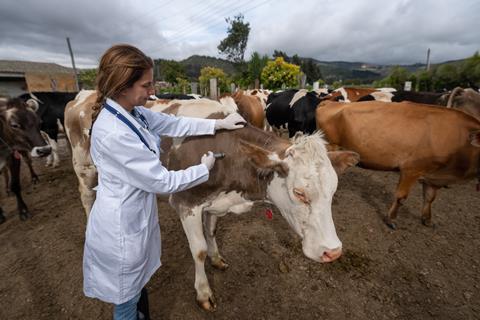
New legislation that came into force today banning the routine use of antibiotics on farm animals has been described as lagging behind Europe by campaign groups.
The legislation bans the routine use of antibiotics and their use “to compensate for poor hygiene, inadequate animal husbandry or poor farm management practices”.
It has also restricted prophylactic use to “exceptional circumstances”.
But while the Alliance to Save Our Antibiotics said these were “major improvements” in the regulation of antibiotic use, they continued to be “far weaker” than similar legislation introduced in the EU in January 2022.
The campaign group said there were loopholes and weaknesses in the legislation and how it was interpreted that may allow the overuse of antibiotics on farm to continue.
“Some of the new rules on farm antibiotic use are welcome and long overdue,” said Cóilín Nunan of the Alliance to Save Our Antibiotics. “Unfortunately, the government has deliberately weakened the legislation, in comparison to the EU’s, and this will allow some poorly run farms to keep on feeding large groups of animals antibiotics, even when no disease is present.
“We are also concerned the ban on using antibiotics to compensate for inadequate animal husbandry and poor farm management practices may not be properly implemented,” he added.
The alliance has called on the government to ban group prophylaxis with antibiotics, introduce mandatory antibiotic-use data collection and set new, more ambitious targets for reducing farm antibiotic use.
According to the group, about 75% of UK farm antibiotic use is for group treatments, which should be reduced to less than 30% by 2030 alongside a target to cut farm antibiotic use by 40% by 2030.
The alliance also wants major improvements to minimum husbandry standards to reduce the need for antibiotics, including reduction in stock densities, using appropriate breeds, improvements to diets and a shift to later weaning of piglets.
“Antibiotics are critical to human and animal medicine, but the emergence of resistance is a global concern,” said Professor Roberto La Ragione, fellow of the Royal College of Pathologists. “Therefore, we must reduce their use to help stop the emergence and spread of resistance.
“We know that animal health and welfare are inextricably linked to our own, so it is vital that antibiotic resistance is tackled in humans and animals, and we can all play a part, from the scientific community to pet owners, vets, doctors, pharmacists, companies, farmers, and the government,” he added.







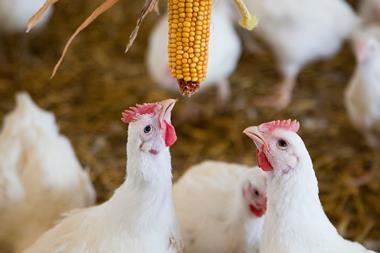
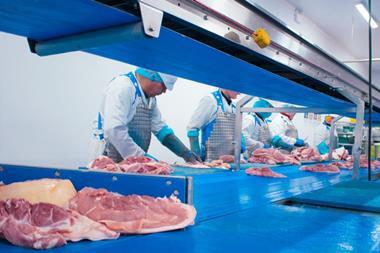


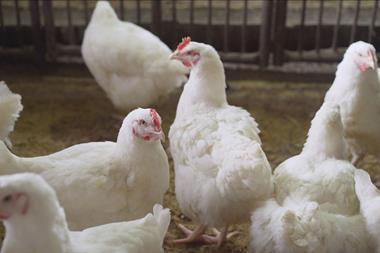
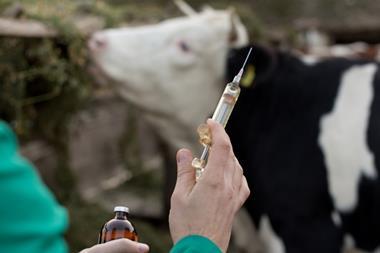






No comments yet